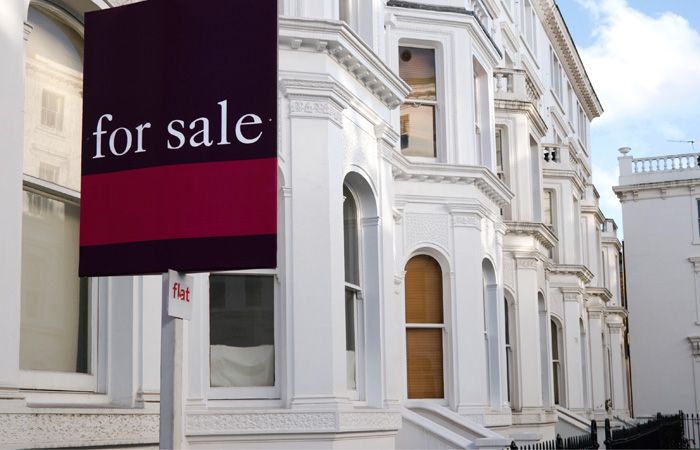

UK house price growth eased to 5.5% in the year to February, meaning the average home cost £287,506, Land Registry data shows.
This is a 1% fall on the 12 months to January and a 3.5% slide on the year to December. The average home is £16,000 more expensive than a year ago.
House price inflation was highest in the West Midlands where prices lifted by 8.6% in the year to February. London showed the lowest annual growth, with prices rising by 2.9% in the period.
The report comes as inflation fell less than expected to 10.1% from 10.4% in February, according to the Office for National Statistics, as food prices rose at their fastest rate in 45 years.
Many economists had forecast the annual rate of rising prices would come in at 9.8%.
Southwell Mortgage Services director Jamie Alexander says: “The property market is under real pressure and the stubborn inflation we have, remaining in double digits again on Wednesday, certainly won’t help.
“Another rate rise by the Bank of England [currently at 4.25%] is now more likely and this will affect both sentiment and mortgage rates, which drive the property market.”
Some brokers argue that persistently high inflation has left the housing market in limbo.
Shaw Financial Services founder Lewis Shaw points out: “House prices are gradually decreasing, but not in every part of the country, so any attempt to make predictions is for the birds.
“The bigger issue here is that many housing indices don’t take account of inflation, so whilst the data says the average home price stands at X, it’s unlikely this will factor in the double-digit inflation we’re currently blighted by.
“So, does this make it a buyer’s or a seller’s market? At this point in time, neither. Yes, there is movement in asking prices because mortgage rates are still far higher than anyone has seen for a decade after the mini-Budget.
“However, the bigger worry is stagnant wages. If you look at the cause of price falls, mortgage rates are one thing, but falling real wages due to inflation tearing through our economy is a far better predictor of falling prices than almost any other metric. If you want to know where your house price is going, look at average wages, not mortgage rates.”
Other advisers say the UK market continues to remain resilient.
PAB Wealth Management’s Luke Thompson says: “Conditions are considerably more positive in the property market than had been expected at the start of the year.
“At the minute, it’s a buyer’s market, with buyers able to get a fairly sizeable discount on the asking price for properties in my area.
“However, demand has remained fairly strong and people have definitely become more used to higher interest rates.
“Buy-to-let continues to be a problem area, with a number of my landlord customers looking to sell their properties at the minute due to higher interest rates and thus the reduced returns they are achieving.
“I think for the remainder of the year house prices will remain fairly flat. I feel that the South East and London may outperform other areas of the country and may see slightly higher house price growth.”